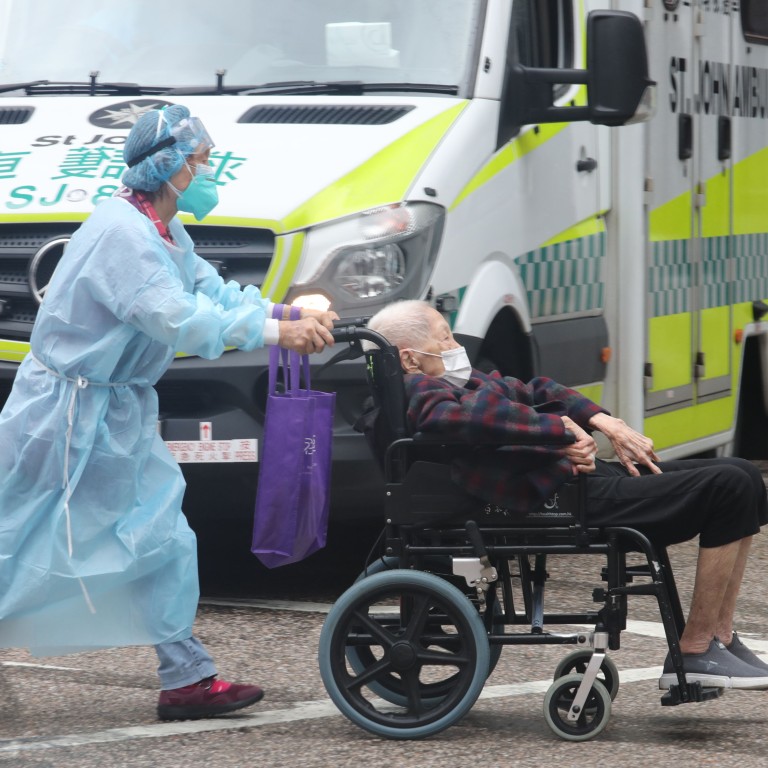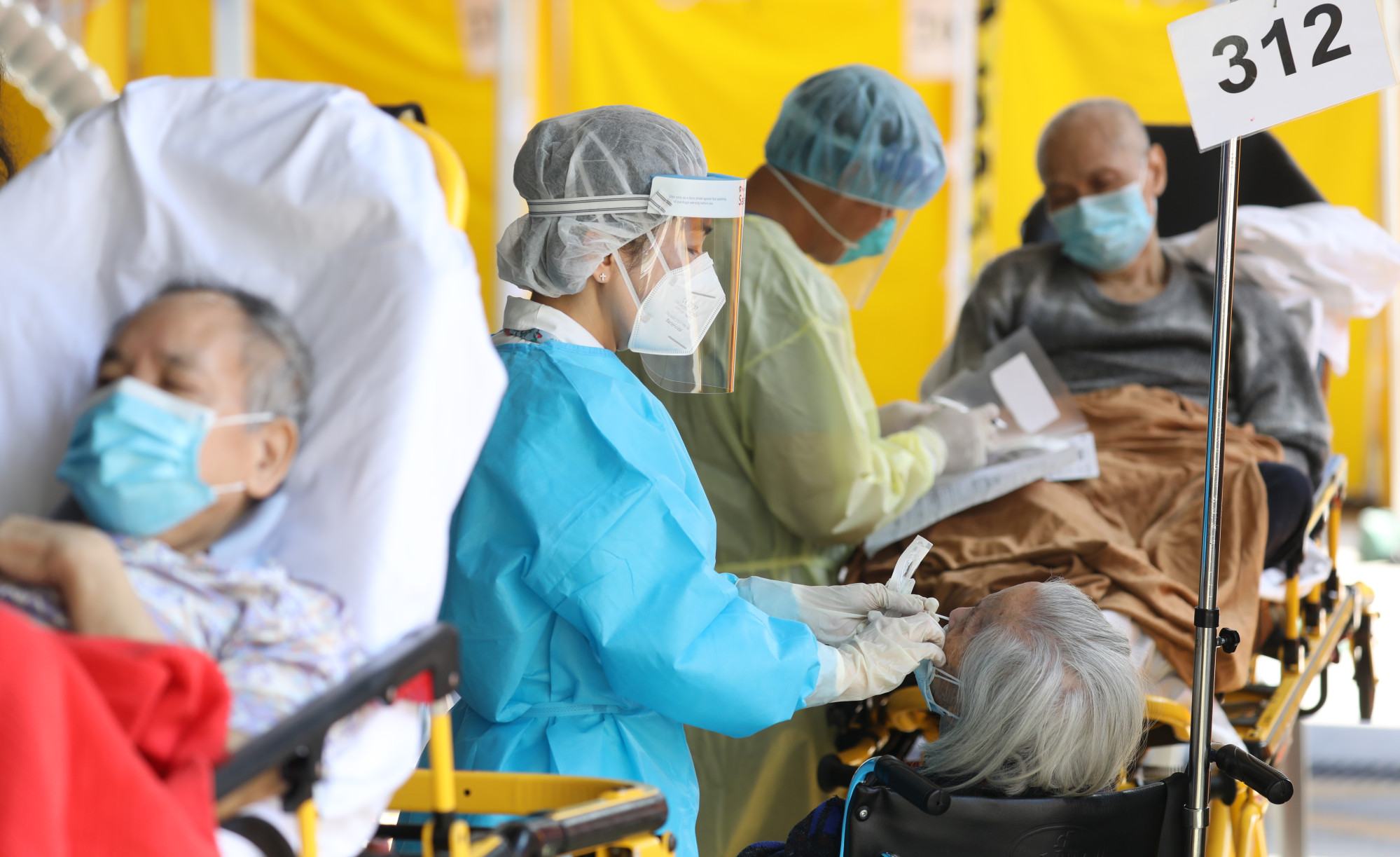
Coronavirus infection can lead to severe bone loss in arms, legs and spine, Hong Kong researchers warn
- Researchers reveal virus can induce conditions akin to osteoporosis, leading to weakened bones and higher likelihood of fractures
- Study based on trials carried out on Syrian hamsters which experience the infection similar to humans
A coronavirus infection can cause severe inflammatory bone loss in the arms, legs and spine, according to a study by the University of Hong Kong (HKU), with researchers urging long Covid patients to receive early check-ups to treat issues.
The findings, based on trials carried out on Syrian hamsters which experience the infection similar to humans, revealed that the virus could induce conditions akin to osteoporosis, leading to weakened bones and a higher likelihood of fractures, Professor Kelvin Yeung Wai-kwok, from the department of orthopaedics and traumatology, told the Post on Thursday.
“Some long Covid patients have reported symptoms such as pain in their thigh, but others may not notice it until they fall down or have an accident,” Yeung said.
“If they are worried, they can consult an orthopaedic specialist and have a bone density scan, and obtain medication to treat the illness.”

Published in the journal Nature Communications, the study involved infecting the hamsters with the Delta variant of the virus through the nose and then collecting bone tissue from the animals.
Using technology known as a three-dimensional micro-computerised tomography scan, the HKU research team led by Yeung and Dr Jasper Chan Fuk-woo of the microbiology department, found the infection had progressively led to severe bone loss of 50 per cent in long bones and 20 per cent in lumbar vertebrae.
Long bones, Yeung explained, made up the arms and legs of the human body, while lumbar vertebrae were part of the spine.
The researchers also discovered that a coronavirus infection could activate and trigger an inflammatory response resulting in the formation of osteoclasts, a type of cell responsible for bone resorption that breaks down bone tissue.
“The findings indicate that the pathological bone loss may be an important but neglected complication, which warrants more extensive investigation during the long-term follow-up of Covid-19 patients,” the researchers said.
Remedies for bone loss included medical treatment, as well as lifestyle changes such as increased outdoor exercise and exposure to sunlight, Yeung said.
But drinking more milk might not necessarily improve the condition in patients who already followed a balanced diet and had enough iron, he added.
In Hong Kong, there is no recent estimate showing how many people suffer from long Covid. But after the city’s fourth wave of infections last year, studies revealed that about 5 per cent of coronavirus patients showed symptoms of the syndrome.
Patients who suffer from long Covid continue to experience the long-term effects of the virus. Problems emerge four or more weeks after being infected with the virus, according to overseas health authorities. The condition can last for at least two months.
Common symptoms vary, ranging from shortness of breath and tiredness to cognitive impairment, while some might only experience mild symptoms.
Long Covid patients in Hong Kong have reported losing their sense of smell or ability to taste, and even a change in sensory perception, such as detecting odours when others do not.
Dr Owen Tsang Tak-yin, medical director of the Hospital Authority’s Infectious Disease Centre at Princess Margaret Hospital in Kwai Chung, said recovered Covid-19 patients could be referred to different units for follow-up checks depending on their needs, such as clinical psychology for mental conditions, physical and occupational therapy for lung exercises, or traditional Chinese medicine for long-term recovery.
